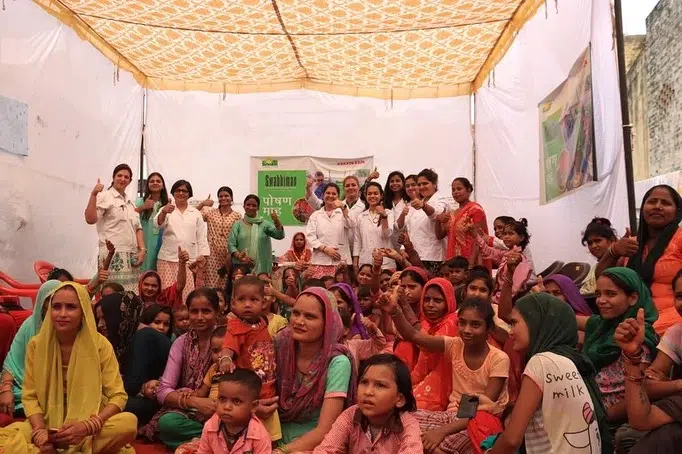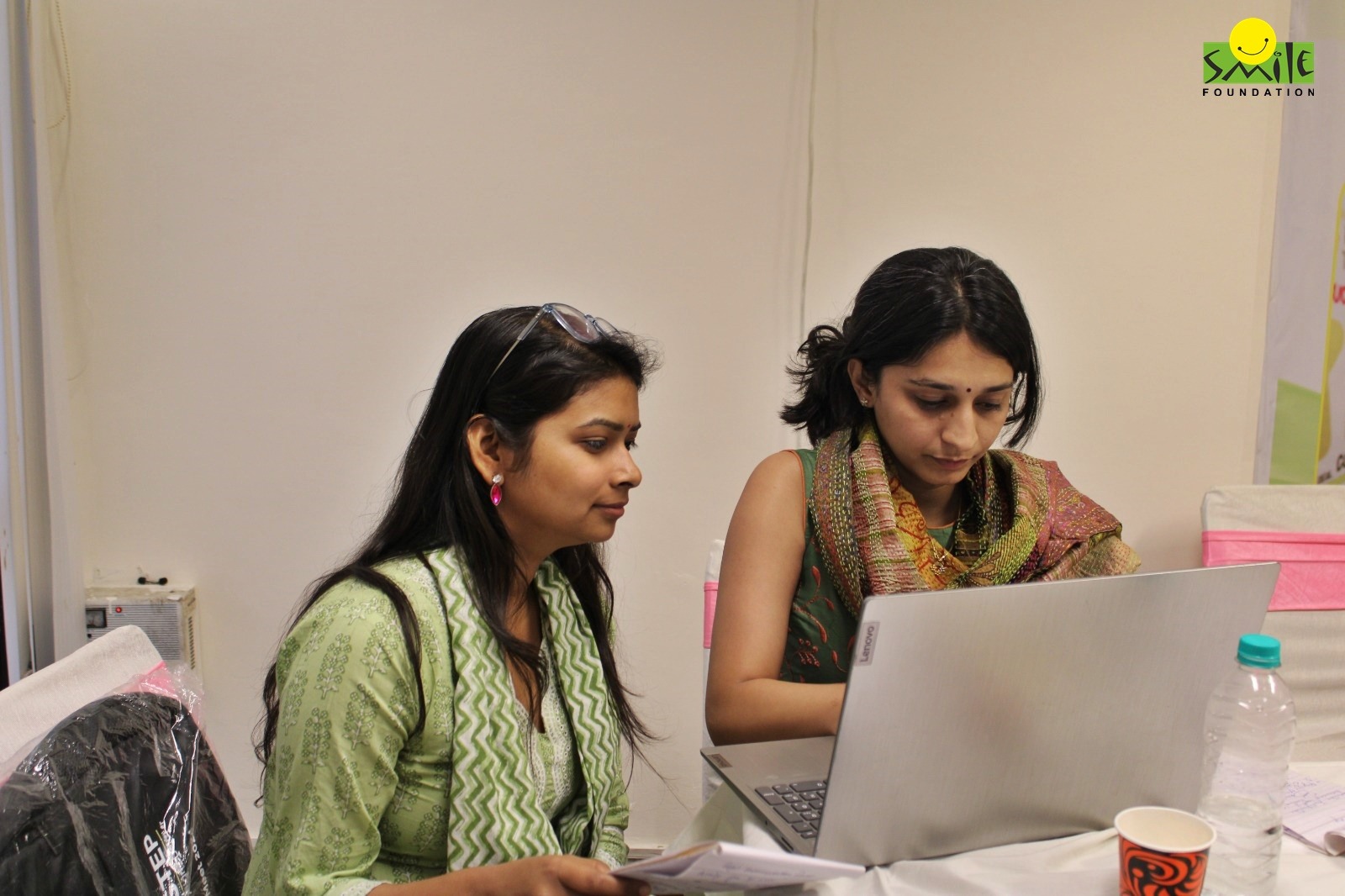Priya, a young entrepreneur in the bustling city of Mumbai, has started her own organic skincare brand. At first, she began making these products with the help of her mother and grandmother from her kitchen. She used Instagram and other social media platforms to promote her products. Initially, she got orders from friends and family. Gradually, as people recommended her products to others, the business started growing rapidly.
Eventually, Priya had to rent a small place and hire five women to fulfil the demand. From there, she did not look back and continued moving forward. What began as a small home-based business has now grown into a thriving enterprise, employing over 50 women from her community. Priya’s story is a testament to the transformative power of women-owned businesses in generating employment and fostering economic growth.
One of the most important points to focus here is that Priya chose to employ local women in her business. This is because she not only wanted to generate profits for herself, but also benefit all the women she could. As a woman, she knew the struggles that women had to face when they were not financially independent. She knew that women had the same talents as men, but lack of opportunities meant that they were not able to find economic footing for themselves.
At the same time, she also understood the unique challenges that women in her community faced and what barred them from being a part of the mainstream workforce. They had to juggle between family responsibilities and taking care of the kids. This meant that they could not work during typical hours. In her business, she provided the flexibility to her employees to create their own schedule and stick to it. She also understood issues specific to women like menstruation, pregnancy, etc., and was accommodating when such situations arose.
This shows how women-owned businesses can create a better work environment for the female employees. Women-owned businesses are a vital component of economic development, particularly in a diverse and populous country like India. These enterprises not only contribute to GDP but also play a crucial role in job creation.
Current Landscape in India
According to the Sixth Economic Census, women constitute about 14% of the total entrepreneurs in India, which translates to 8.05 million out of the 58.5 million entrepreneurs. These businesses range from agriculture to manufacturing and from retail to services. Considering the challenges that exist in our society today, women entrepreneurs have shown remarkable resilience and have managed to create a mark in the field of business.
Potential of Job Creation
More businesses mean more employment. A report by Bain & Company and Google highlights that accelerating women entrepreneurship in India can generate 150-170 million jobs by 2030. This potential is significant, considering that it accounts for more than 25% of the new jobs required for the entire working-age population by 2030.
For a growing economy like India, which is currently enjoying a demographic dividend, this is good news. Women constitute a big section of our population and by encouraging more and more women to start their own businesses, we can ensure addition of millions of new jobs. It should also be noted that women-owned businesses also tend to employee more women employees and thus they create a far-reaching impact on transformation of families and communities.
Impact on Economy
When innovation and entrepreneurship flourishes, it generates more employment, increases income-levels and creates an overall positive impact on the economy. Globally, women-owned businesses generate $2.7 trillion in revenue and employ 12.2 million people. Particularly, in the case of India, these businesses are crucial because they often operate from smaller areas and create a significant impact in the local communities. This can help in boosting rural economy as well. We can see this through the example of businesses which employ women in villages to manufacture organic products that are exported throughout the country and the globe.
Barriers to Growth
While women entrepreneurs have been growing by leaps and bounds, they still face a lot of barriers, especially because of the societal biases. According to a report by the International Finance Corporation (IFC), women in India face a financing gap of $158 billion. Addressing these barriers is essential for unlocking the full potential of women-owned businesses. If existing women entrepreneurs came forward to fund businesses started by other women, it could create a ripple effect.
Government Initiatives
The role of government in enabling women entrepreneurship in the country cannot be ignored. Through its policies targeted towards encouraging women to start their own businesses, government can create the groundwork for important changes. There are some initiatives that the government has already launched. Schemes like the Stand-Up India initiative, which provides loans to women and SC/ST entrepreneurs, and the Mahila E-Haat, an online marketing platform for women, are steps in the right direction. Additionally, the Ministry of Micro, Small and Medium Enterprises (MSME) offers various schemes to support women-owned businesses.
Role of NGOs
While government performs its duties to boost women-led businesses, NGOs also play a crucial role in this area. By creating and supporting women self-help groups, training women, and providing initial funding and support to start the businesses, NGOs help women, especially in the rural areas to become economically independent.
Global Examples
India can learn from how women-led businesses have contributed to the growth of economies in other countries. In the United States, women-owned businesses represent 39.1% of all businesses, employing 12.2 million people and generating $2.7 trillion in revenue. In Rwanda, the Women for Women International program has helped over 77,000 women start their own businesses, contributing to economic growth and stability
Women entrepreneurship is not new in India. One of the biggest examples of this is Lijjat Papad. It is a cooperative started by seven women in Mumbai in 1959, which has grown into a multi-million-dollar enterprise employing over 45,000 women across India. The cooperative model has empowered women by providing them with a steady income and a sense of ownership.
Today, there are businesses started by women like Zivame and Sugar Cosmetics that are changing the landscape of entrepreneurship in the country. To harness the full potential of women-owned businesses like in Smile Fondation’s women empowerment Swabhiman, it is essential to address the barriers they face. This means improving access to finance for these initiatives, creating a policy environment that supports them, and availability of mentorship and training programmes.
Collaboration between the government, private sector and NGOs is crucial for creating an ecosystem that nurtures women entrepreneurs. By supporting and empowering women entrepreneurs, India can unlock a significant source of employment and drive inclusive development.









